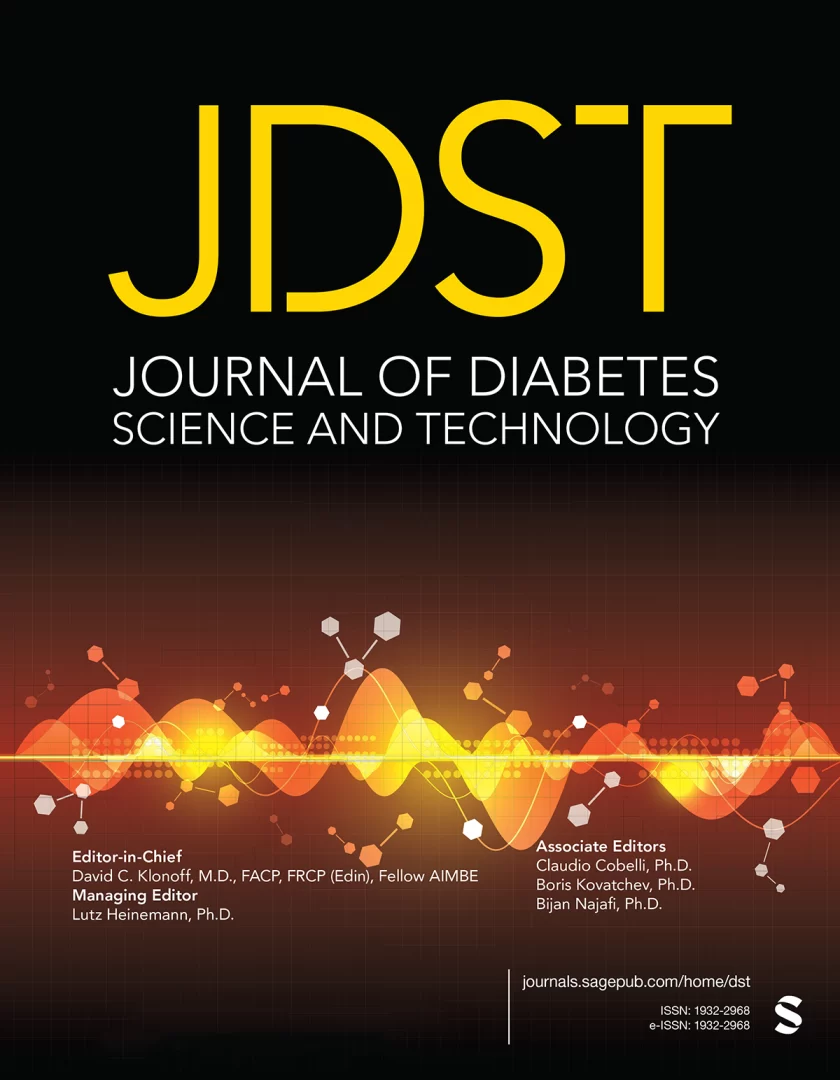Early-Life Diet and Long-Term Health: How Early Sugar Intake Impacts Chronic Diseases

Original Article: https://www.science.org/doi/10.1126/science.adn5421
The First 1,000 Days: A Critical Health Window
The first 1,000 days of life, starting from conception to age 2, are vital for long-term health. Research shows that poor diet during this period can increase the risk of diseases like type 2 diabetes (T2D) and high blood pressure (hypertension) in adulthood. Current dietary guidelines recommend no added sugars for young children, yet many infants and pregnant women in the U.S. exceed this limit. For example, research suggests that pregnant women consume over three times the recommended sugar levels, and many toddlers regularly eat sweetened foods.
A study analyzed the effects of sugar intake by examining the end of sugar rationing in the U.K. in 1953, which significantly increased sugar consumption. Researchers compared adults who experienced rationing during their early lives with those who did not, revealing that sugar restrictions during the first 1,000 days lowered the risk of T2D and hypertension and delayed their onset by years.
Key Findings from the Study
- Sugar Intake Changes
After sugar rationing ended, daily sugar consumption doubled for adults and children, leading to worse dental and overall health. Adults born before rationing ended, who had limited sugar exposure early in life, showed better health outcomes. - Disease Risk and Delayed Onset
- Adults exposed to sugar rationing in early life had a 35% lower risk of T2D and a 20% lower risk of hypertension compared to those who weren’t.
- Longer exposure to rationing (up to age 1 or beyond) reduced disease risks even more, especially in women.
- Rationing delayed the onset of T2DM by about 4 years and hypertension by 2 years.
- Biological Pathways
Sugar exposure during pregnancy and early childhood affects how the body develops, potentially increasing preferences for sugary foods and disrupting metabolism.
Implications for Diet Guidelines
This research highlights the long-term health benefits of restricting sugar during pregnancy and early childhood. Policymakers should consider stricter regulations on added sugars in foods marketed to young children. The findings also support the importance of early-life nutrition in reducing lifetime health risks. By addressing sugar consumption early, individuals may improve their chances of living healthier, longer lives.

